As a tea drinker and the creator of RateTea, I am a major advocate for buying and drinking loose tea.
I feel confident that once you switch to drinking loose-leaf tea, you will never go back to tea bags, with the possible exception of using them now and then for convenience when you're traveling, at an event, or somewhere where it's impractical to brew loose-leaf tea. Loose tea offers superior flavor, better value for price, and opens up a world of possibilities for the tea drinker. It is also more sustainable--better for the environment!
Why loose tea? The main reason is that when you buy tea bags, you are paying primarily for an industrial packaging process; when you buy loose tea, you're paying for the quality of the tea leaf itself. Which would you rather be paying for?


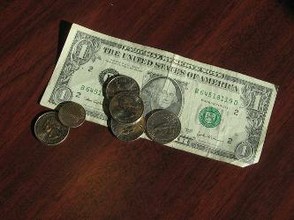

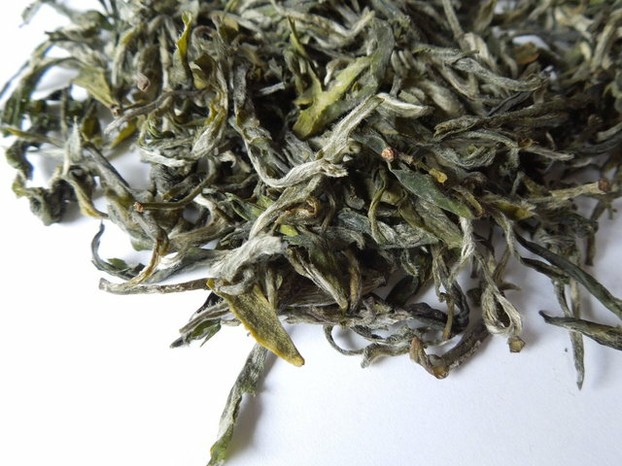
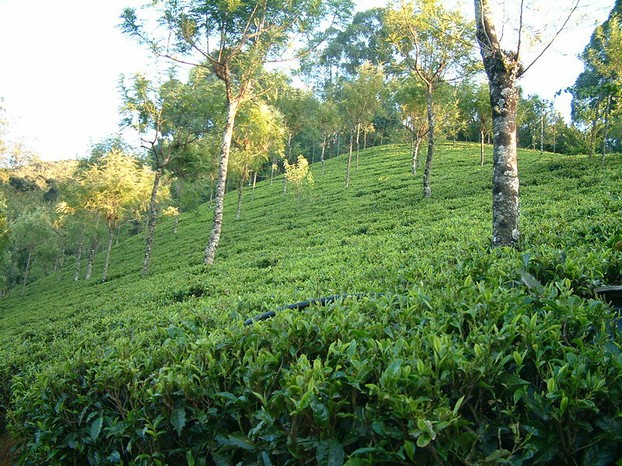




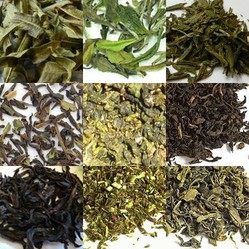

 The Shaming of Femininity and Elevation of Masculinityon 07/13/2017
The Shaming of Femininity and Elevation of Masculinityon 07/13/2017
 What is Genderqueer or Non-Binary Gender?on 10/16/2015
What is Genderqueer or Non-Binary Gender?on 10/16/2015
 Resources for Learning Spanish Free Onlineon 04/13/2016
Resources for Learning Spanish Free Onlineon 04/13/2016
 Ways Native Plants Can Help Control Invasive Plantson 05/26/2016
Ways Native Plants Can Help Control Invasive Plantson 05/26/2016

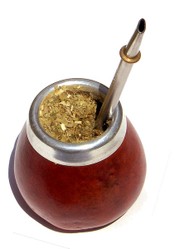
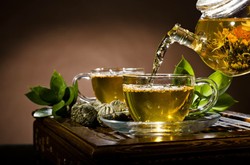
Questions? Comments? Feedback?
Tea lover to tea lovers, Attention! There is now Scottish tea, Dalreoch, a loose leaf, white tea grown in Perthshire. I never thought you could grow it so far north, but it apparently is very pleasant, but at the equivalent of £10, about 15 dollars, a cup, it ought to be. For those of us who have got rich on our writing earnings, you can buy it at Fortnum's, the elite London store.where the rich, famous and aristocratic shop. See you all there then!
Thank you, Alex!
It's true, in some cases, that you get the lowest quality (or at least the lowest grade--which is not exactly the same thing) of leaves in a tea bag. This is true of the basic flat tea bags that most mainstream brands sell, stuff like Lipton, Bigelow, Twinings, etc.
But there are quite a few products on the market selling higher-quality, whole-leaf tea, or at least larger broken-leaf tea, in tea bags. Usually they market these as "pyramid sachets", or something similar, giving the leaf more room to expand. Some brands selling tea like this include Novus Tea, Two Leaves Tea, and Mighty Leaf. Many companies also have a line of higher-quality teas like this. A problem though is that these tea bags are costly--often a box of 15-20 costs between $6 and $15. For that price, you can get a lot more loose-leaf tea of similar quality. You can even see the difference with some of the companies that sell the same teas in loose-leaf form and in pyramid bags; you save a lot by buying loose-leaf.
I feel you're getting only the least good leaves in a tea bag, because it's all tiny bits and they can use anything. Is that true, or is it a misconception? I certainly prefer to see the leaves expand when I make tea.
What you say makes perfect sense and is informative.
Thank you! I agree with you both, there are lots of teas that are only available in loose-leaf form, and they tend to include nearly all the top-quality teas.
I do like organic teas...but there is one caveat to that. I've been wanting to make an article about this here on Wizzley at some point, but haven't gotten around to it yet. This is that organic certification is costly and requires a lot of recordkeeping, so it's more accessible to large-scale operations. Large-scale operations usually practice monocultures that, even if organic-certified, are pretty mechanistic operations that aren't great for the environment.
In the tea world, especially in remote regions of China, there are many small farmers that can't afford organic certification, but process their tea with traditional methods that don't involve any synthetic chemicals. Also, in some regions, like the ancient tea forests of Yunnan, there are problems with invasive plants in the tea forest, so farmers may spray herbicides selectively on non-native weeds, in ways that precludes organic certification--and as much as I'm not a big fan of herbicides, I wouldn't have as big a problem with that because it's being done in a way that protects the local ecosystem, and not coming into contact with the tea.
For this reason I like to seek out artisan teas, traditionally-processed teas from small operations, and I think that's a little more important to me than whether or not it is organic certified. For some tea types, like dragon well green tea, which are widely cultivated (and often done so involving synthetic chemicals), I think organic certification might be more important.
I drink loose leaf tea because I love tea, have always loved tea and it is the heart of quality tea. I prefer organic actually no I only drink organic unless there is no other option and for me that is rare as I travel with my own... Tea is good medicine. Tea is my favorite food, Green, Oolong, and White are my favorite in that order with nothing added. Oh my don't get me started. I am Scottish and my Grandmum once told me as a young girl lassie stay away from that American swill those mice on a rope... she was referring to tea bags.... lol
I have always found loose tea more tasty compared to the tea bags. In addition, you have more flavours and varieties. With this range of selection, you can never go wrong.